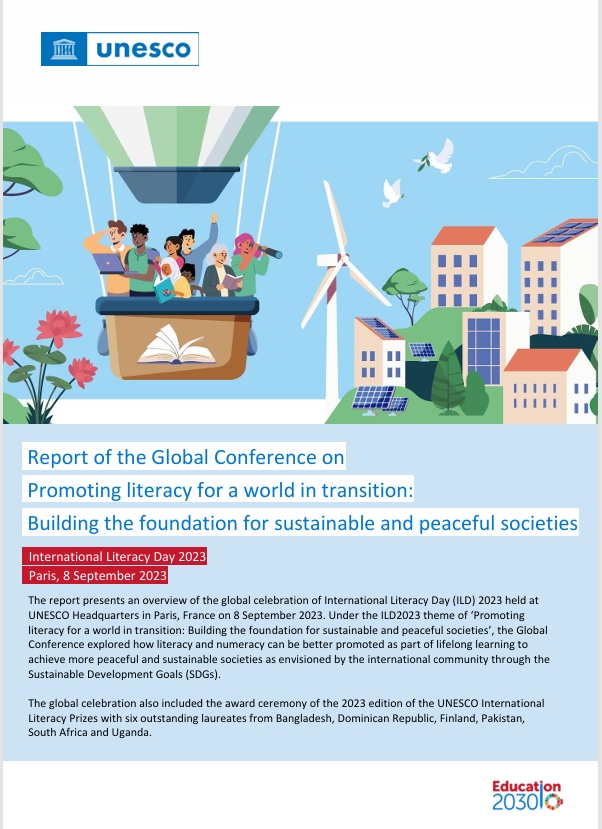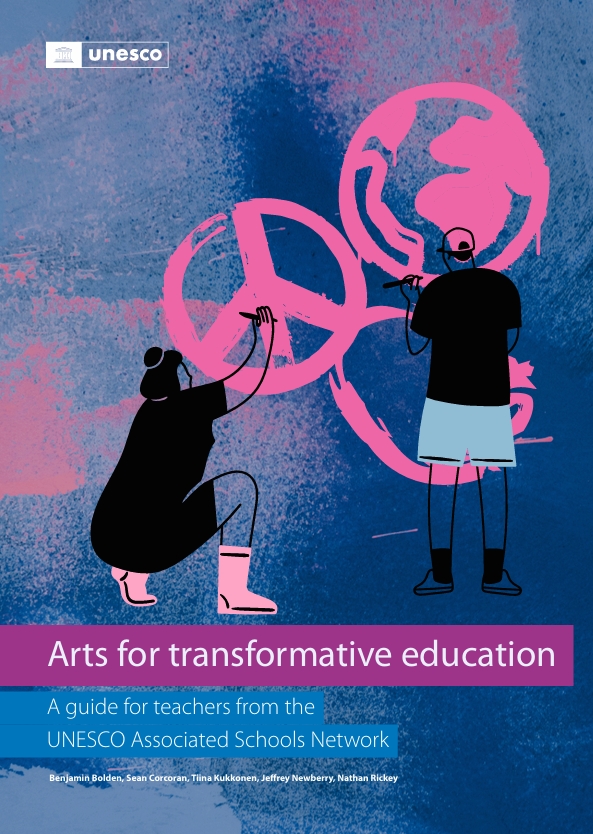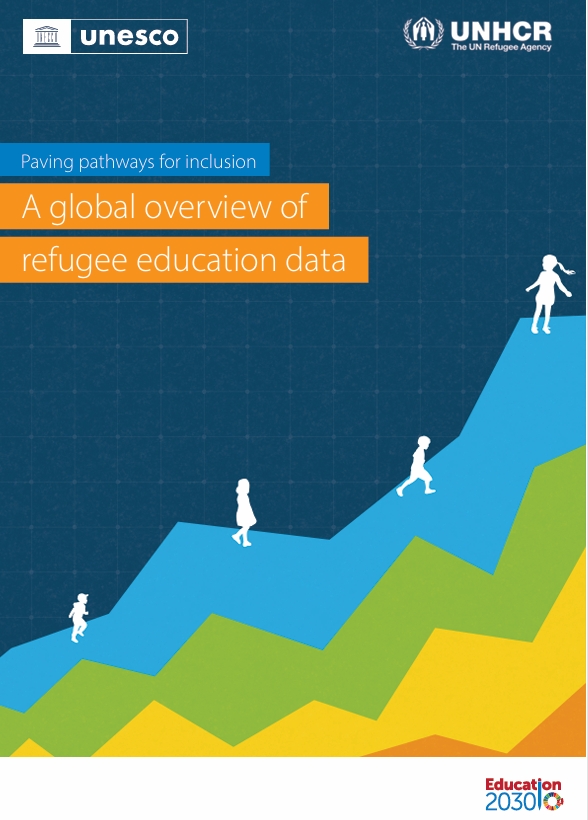Story Source: EDUCATION WEEK ~ Go to Original Article
Back in 2013, before an overhaul of the E-rate program, just 30 percent of school districts were able to take advantage of digital learning. This year? That figure stands at a whopping 99 percent.
That’s according to a new report from EducationSuperHighway, a nonprofit that was a driving force behind the modernization of the federal E-rate program, one of the biggest success stories in education technology over the past decade. The nonprofit, which was founded in 2012 to expand broadband access across the country, has declared “mission accomplished” (well, almost) and is planning to sunset next year. (The federal E-rate program, which has been around since the mid-1990’s, helps school districts and libraries cover the cost of broadband services and more.) ………………….………………….……………………..






